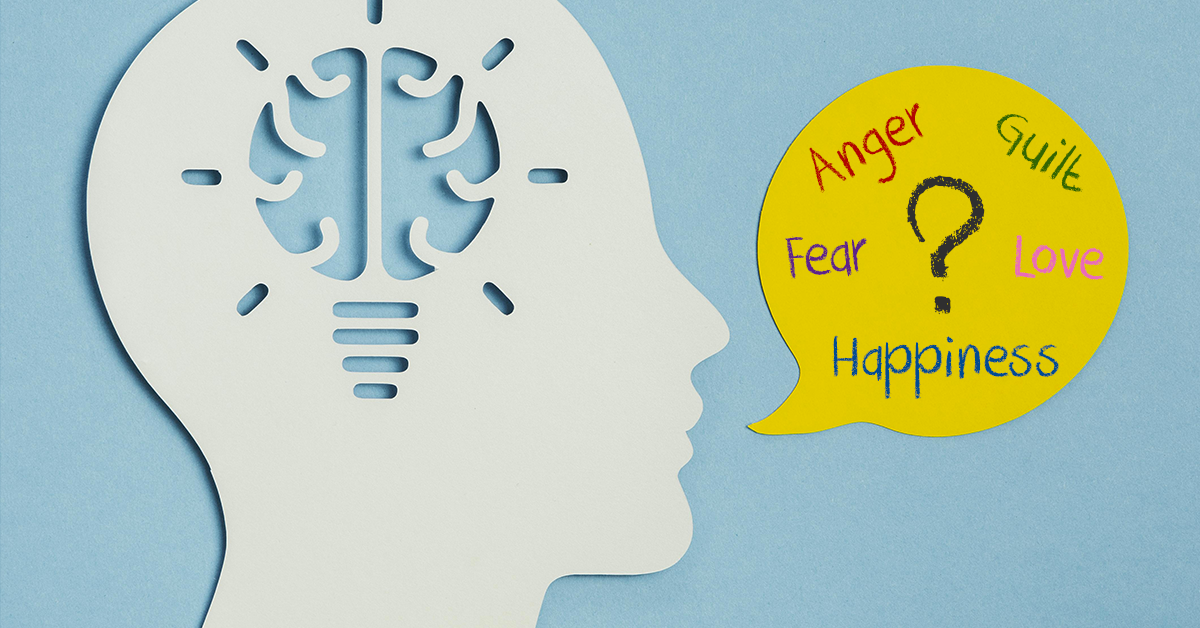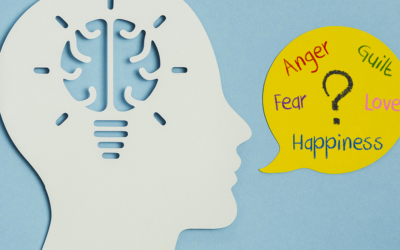Social Regulation
Do people come to you to “make peace” between “waring” parties? Or, would you like to have the capabilities to be that person, the “peace maker?”
Do you inspire and guide individuals and groups? Or, would you like to increase those skills?
Are you the type of person who can create synergies and collective goals among people? Or, would having those talents be helpful for you?
A famous quote from Daniel Goleman, the person given credit for being the first to popularize emotional intelligence (EI) says that “CEO’s are hired for their intellect and business expertise – and fired for a lack of emotional intelligence.” The truth is, the same is true for most unsuccessful people.
Another truth is, and you can quote me on this because many of the EI experts agree, “of all the aspects of someones personality, emotional intelligence is one of the easiest to change and improve.” As a result of this, all of the above, and much more, is possible when you master our fifth and final emotional intelligence (EI) component; social regulation.
Whether you are a leader or not, it is important to know your level of emotional intelligence (your emotional quotient score – EQ) and to always be working to improve it. Let’s examine a few techniques to improve the social regulation component of emotional intelligence.
Emotional Intelligence – Social Regulation Techniques
It’s been one of those days, where the sky seems to be falling. Everything you touch seems to go wrong. But, you walk into a meeting and one of your colleagues asks you “how are you doing?” Your immediate response is “fine, how are you?” You’re not fine. You are actually very frustrated and upset that so many things have gone wrong today. But your reflexive answer is “fine, and how are you?” Everyone reads your non-verbals and knows “fine” is not true.
We are taught to “lie” from birth when it comes to giving people feedback like that. We all do it. We give evaluative comments, like our “fine” response above, when people ask us things. We need to change that habit and give descriptive feedback instead. In our culture, it’s not OK to lie when giving descriptive answers. These are answers that specifically tell others what we have done. For example, “just finished a dozen sales call-backs and sold 4 of them.” Instead of saying you’re “fine,” we hear description instead. Or, “I had a meeting with John and Joan going over sales for last month. We hit our goals plus 10%.” Again, descriptive, not evaluative.
Social regulation deals with managing relationships and building networks via emotional clarity. Truth, specific feedback, and accurate communication that builds trust enhances those relationships and networks, while vague responses like “fine” do not.
Another social regulation technique is taking a “time out” when things get too heated. For example, the “D” style in DISC behavior styles is unfortunately known for shouting at people and sometimes even with explosive anger. This approach is rarely constructive, and when it does work, the long-term outcomes are usually negative. Instead of lashing out at someone, it is much more constructive to take a “time out” as soon as you are aware the anger has reached that point. Ask to ”finish the conversation later.” Leaving the situation to return later when calmer emotions prevail is a much more constructive approach. If you continue to talk and escalate the emotions, the situation rarely ends on a positive note. Instead, negative feelings and distrust continue and get in the way of a positive or constructive outcome.
Conclusion
Emotional intelligence is a very positive tool when EQ scores are high. It is usually a roadblock to progress when EQ scores a low. We have given an overview of the five components of EI; self-awareness, self-regulation, motivation, social awareness, and social regulation. Get involved in a program to better understand and increase your emotional intelligence. Research and practice shows mastering emotional intelligence will take you far professionally, socially, and within your family. Choose a reputable and proven program to help you master EI. We have a very respected and award-winning program. Enroll in our online EI/EQ Certification and get your own EI report, discover your EQ score, and learn how to better understand, practice, and even teach or mentor others regarding EI.




